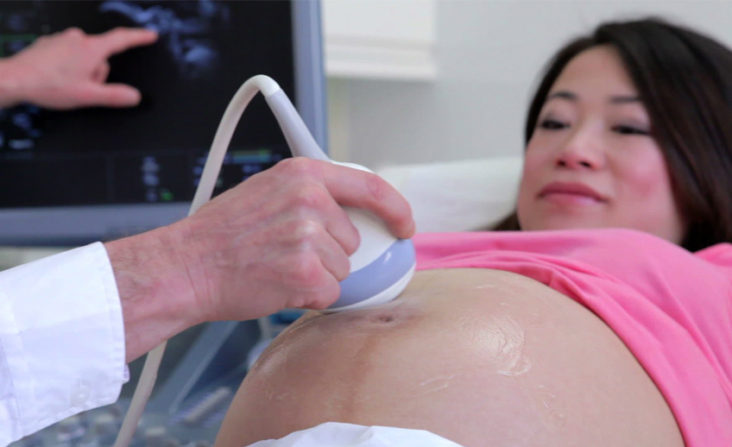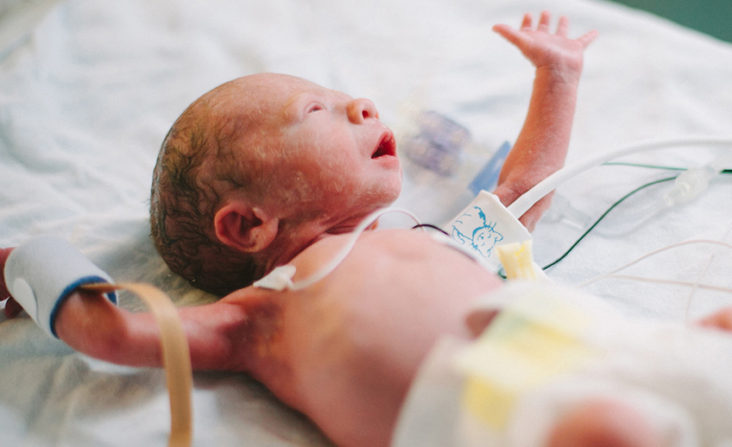Depression is a mood disorder which affects 1 in 4 women during their lifetime, and pregnant women are no different. According to The American Congress of Obstetricians and Gynecologists (ACOG), between 14-23% of women will struggle with some symptoms of depression during their pregnancy. But is taking antidepressants during pregnancy safe?
Last time Women’s Telehealth measured, more than 25% of our pregnant patients were taking antidepressants during pregnancy. A decision to use antidepressants during pregnancy is based on the balance between risks and benefits. Treatment of depression during pregnancy is essential and if left untreated can lead to several risks, including not seeking optimal prenatal care, not having the energy to take care of yourself, or participating in unhealthy behavior that can also affect the fetus. Overall, the risk of birth defects and other problems for babies of mothers who take antidepressants during pregnancy is very low. And, some medications have been proven safe without question during pregnancy.
Generally, these antidepressants are considered safe during pregnancy:
- Certain selective serotonin reuptake inhibitors (SSRIs). SSRIs are generally considered an option during pregnancy, including citalopram (Celexa), fluoxetine (Prozac) and sertraline (Zoloft).
- Serotonin and norepinephrine reuptake inhibitors (SNRIs). SNRIs are also considered safe during pregnancy, including duloxetine (Cymbalta) and venlafaxine (Effexor XR).
- Bupropion (Wellbutrin). This medication is used for both depression and to help stop smoking. Although bupropion isn’t generally considered a first line treatment for depression during pregnancy, it might be an option for women who haven’t responded to other medications or those who want to use it for help to stop smoking.
- Tricyclic antidepressants. This class of medications includes amitriptyline and nortriptyline (Pamelor). Although tricyclic antidepressants aren’t generally considered a first line or second line treatment, they might be an option for women who haven’t responded to other medications.
If you suffer from mild to moderate cases of depression, you may be able to stop taking medication during pregnancy with the support and guidance of your doctor. Some tips to manage mild depression symptoms include:
- Talking with a therapist on a regular basis
- Exercise more
- Spend time outside
- Practice yoga and meditation
- Better diet and nutrition
- Minimize stress
- Get enough rest
However, if your depression is moderate to severe, or you have a history of depression, the risk of relapse might be greater than the risks associated with antidepressants.
The most important factor of depression in pregnancy is that the mother is safe. Talk to your doctor before any decision is made regarding taking or stopping any medications during pregnancy. Your physician will help you determine the best treatment for you and your baby.








